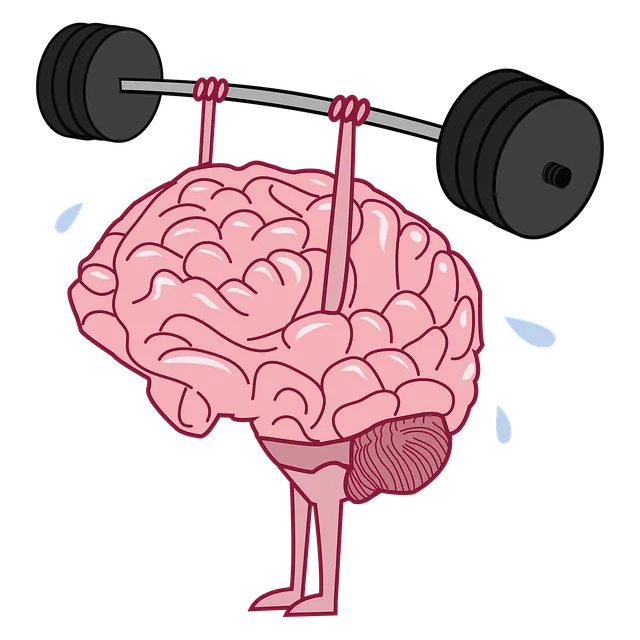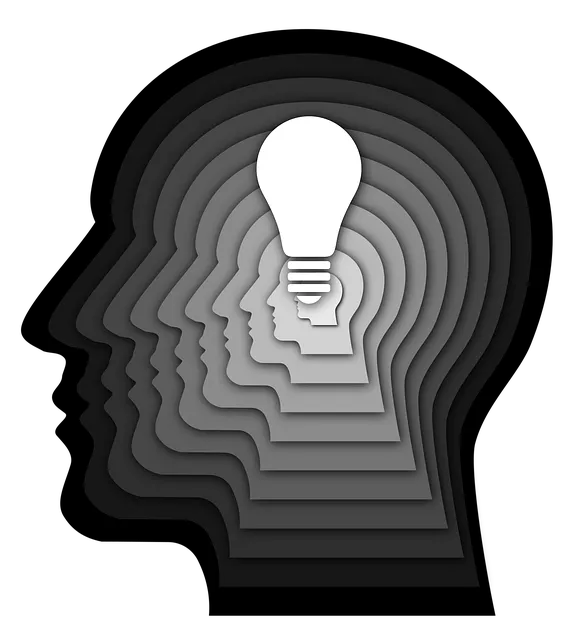Lafayette Kaiser Permanente's comprehensive mental health coverage promotes holistic well-being through tailored policies, including individual therapy, group counseling, and specialized programs. In today's digital era, a surge in mental wellness apps backed by this coverage caters to diverse needs, focusing on personalized mood tracking, evidence-based interventions like CBT exercises, and community support for effective stress management and improved emotional healing. Successful apps integrate robust functionality with user-centric design, addressing privacy, data security, and accessibility concerns through regular updates based on user feedback and policy analysis, thereby advocating for better mental health management.
“In today’s digital landscape, mental wellness app development is revolutionizing access to care. This article explores the growing market need for these applications, with a specific focus on understanding Lafayette Kaiser Permanente’s mental health coverage policies. We delve into the core features and functionality that define effective mental health apps and provide insights into building and launching successful applications. By examining trends and best practices, this guide aims to enhance mental wellness support through innovative technology.”
- Understanding Mental Health Coverage: A Look at Lafayette Kaiser Permanente Policies
- Market Need and Trends in Mental Wellness App Development
- Core Features and Functionality for Effective Mental Health Apps
- Building and Launching a Successful Mental Wellness Application
Understanding Mental Health Coverage: A Look at Lafayette Kaiser Permanente Policies

Lafayette Kaiser Permanente offers a comprehensive mental health coverage that includes a range of services designed to support members’ emotional well-being. Their policies are tailored to promote self-care routine development, emphasizing the importance of preventive measures and early intervention for better mental health. Through these initiatives, they aim to enhance patients’ self-esteem and facilitate effective emotional healing processes.
The insurance provider’s guidelines provide access to various therapeutic approaches, such as individual therapy, group counseling, and specialized programs focused on conditions like anxiety, depression, and stress management. Additionally, Lafayette Kaiser Permanente encourages members to explore holistic practices, acknowledging the interconnectedness of physical and mental health. This inclusive approach to mental wellness encourages individuals to take charge of their emotional well-being, fostering a culture of self-improvement and resilience.
Market Need and Trends in Mental Wellness App Development

In today’s fast-paced world, mental wellness has emerged as a paramount concern, driving a significant market need for innovative solutions. The integration of technology in healthcare, particularly with the expansion of Lafayette Kaiser Permanente mental health coverage, has sparked a surge in the development of mental wellness apps. These applications cater to a diverse range of users, from individuals seeking stress management techniques like mindfulness meditation to professionals requiring robust risk management planning for their mental health practices.
Trends within this developing landscape indicate a growing focus on personalized experiences and evidence-based interventions. Mental wellness apps are increasingly incorporating features that promote self-care, such as tracking moods, setting goals, and accessing tailored content based on individual needs. Moreover, the integration of mind over matter principles has gained traction, recognizing the power of cognitive strategies in enhancing mental resilience. As awareness continues to grow, developers are urged to stay abreast of industry trends, ensuring their apps remain relevant, effective, and aligned with best practices in mental health management.
Core Features and Functionality for Effective Mental Health Apps

Mental wellness apps have become increasingly popular tools for managing stress and promoting mental health. To be effective, these apps should incorporate a range of core features designed to support users’ well-being. One essential functionality is personalized assessment tools that allow individuals to track their mood, anxiety levels, and other relevant metrics over time. This data can then be used to tailor recommendations for specific needs, whether it’s practicing mindfulness techniques or engaging in therapeutic activities.
Additionally, these apps should offer a variety of evidence-based interventions such as cognitive behavioral therapy (CBT) exercises, meditation practices, and empathy building strategies. Integrating features that facilitate social connection and community support can also significantly enhance their impact. By combining these elements, mental health apps like those covered by Lafayette Kaiser Permanente mental health coverage can empower users to proactively manage stress and cultivate healthy coping mechanisms, ultimately contributing to improved overall well-being.
Building and Launching a Successful Mental Wellness Application

Building a successful mental wellness application requires a strategic approach that combines robust functionality with user-centric design. The app should offer evidence-based tools for self-esteem improvement and coping skills development, tailored to diverse user needs. Incorporating features like mood tracking, mindfulness exercises, and access to mental health resources can significantly enhance its appeal. Collaboration with healthcare providers, such as Lafayette Kaiser Permanente, is crucial for ensuring the accuracy of information and integrating with existing mental health coverage policies.
A thorough Mental Health Policy Analysis and Advocacy should inform the app’s development, addressing privacy concerns, data security, and accessibility. User feedback loops and regular updates based on usage data are essential for refining the application and keeping it relevant. By focusing on these aspects, developers can create a valuable tool that not only supports individual mental wellness but also contributes to broader advocacy efforts around mental health policies.
The development of mental wellness apps is gaining momentum, driven by a growing recognition of mental health’s importance and the market demand for accessible support. As institutions like Lafayette Kaiser Permanente expand their mental health coverage, app-based solutions offer promising avenues to reach a wider audience. By incorporating core features such as personalized therapy sessions, mood tracking, and community forums, these apps can significantly enhance mental well-being. For developers, navigating the trends and best practices outlined in this article is crucial for building successful mental wellness applications that make a tangible difference in people’s lives.






